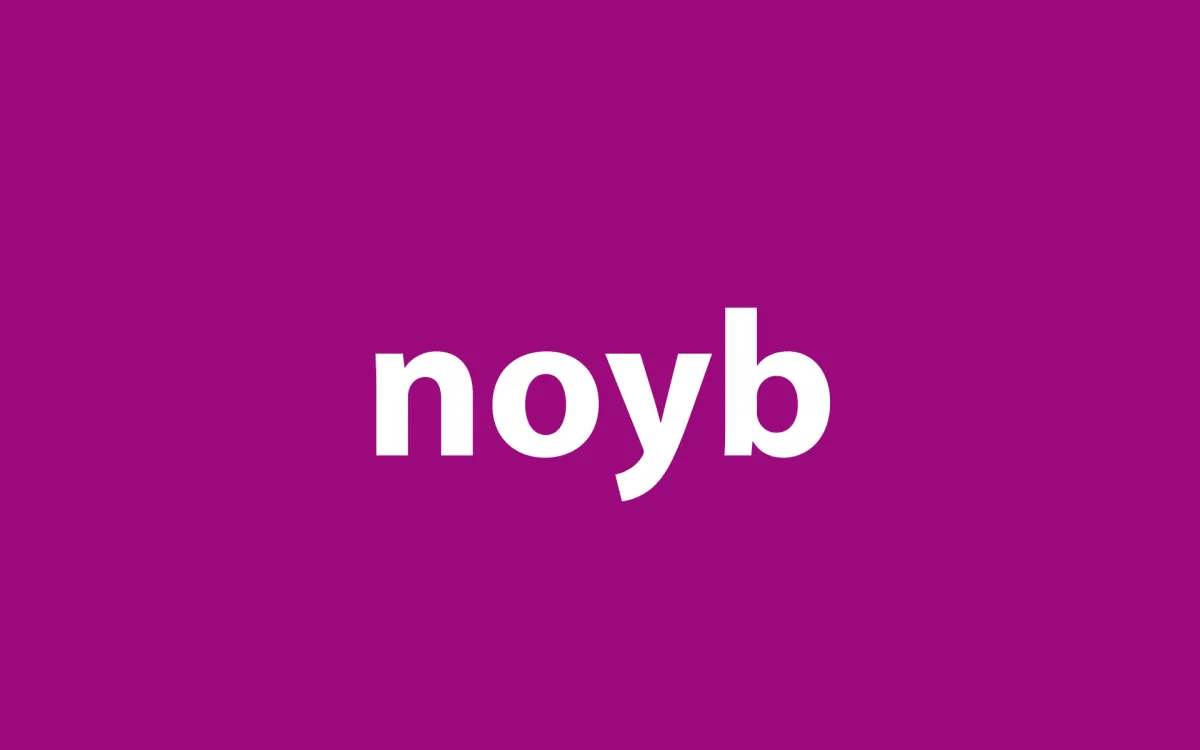
According to official documents, the digital rights organization NOYB has secured formal approval to initiate collective redress actions across the European Union. The Austrian Federal Cartel Attorney granted this designation on December 2, 2024, while the Irish Ministry of Justice provided its approval on October 11, 2024.
This dual authorization empowers NOYB to represent consumers in data protection cases throughout the EU's 27 member states. The approvals stem from Directive (EU) 2020/1828, which establishes a framework for collective consumer protection actions across Europe.
According to Max Schrems, NOYB's Executive Director, the organization underwent rigorous evaluation of its independence and organizational stability to obtain these qualifications. The approval process examined NOYB's structural integrity and its capacity to represent consumer interests effectively.
The scope of NOYB's new authority encompasses two distinct types of legal actions. First, injunctive measures can be pursued under Article 8 of the EU Directive, enabling NOYB to demand the cessation of illegal data processing practices. These may include tracking without valid consent, implementation of deceptive interface patterns, unauthorized data sales, or transfers to jurisdictions lacking adequate protection standards.
The second category involves redress measures for past and ongoing violations. According to the documents, these actions can seek compensation ranging from €100 to €1,000 per affected user for non-material damages. When applied to large-scale violations affecting millions of users, such cases could result in significant financial implications for non-compliant companies.
NOYB's operational structure reflects the EU's approach to collective redress, which differs markedly from the American class action system. According to Ursula Pachl, NOYB's Head of Collective Redress, the European model removes financial incentives for plaintiffs by restricting such actions to non-profit organizations, contrasting with the U.S. system where any law firm can initiate class actions.
The implementation process varies across EU member states. Most jurisdictions require an opt-in approach, where users must explicitly request NOYB's representation. However, some countries, such as the Netherlands and Portugal, employ an opt-out system, automatically including affected users unless they specifically decline representation.
NOYB's funding structure maintains its independence through diverse sources. According to their documentation, the organization receives support from more than 5,100 individual members as of January 2024, with additional backing from institutional members including the City of Vienna and the Austrian Chamber of Labor.
The organization has established internal procedures to prevent conflicts of interest, particularly concerning external funding sources. These measures ensure that litigation decisions remain independent of financial contributors' interests, with NOYB maintaining sole authority over strategic choices and settlement agreements.
Looking ahead, NOYB plans to launch its first collective redress actions in 2025. The organization has spent recent years developing the technical and organizational infrastructure necessary to manage such cases effectively. While injunctive measures can be implemented relatively quickly, redress actions require more extensive preparation due to their complexity and the novel nature of the EU-wide collective redress system.
This development marks a significant shift in European data protection enforcement, creating a mechanism for coordinated legal action across the EU's single market. The authorization enables NOYB to address systematic violations of data protection regulations through legally binding measures, potentially affecting how companies handle personal data throughout Europe.

